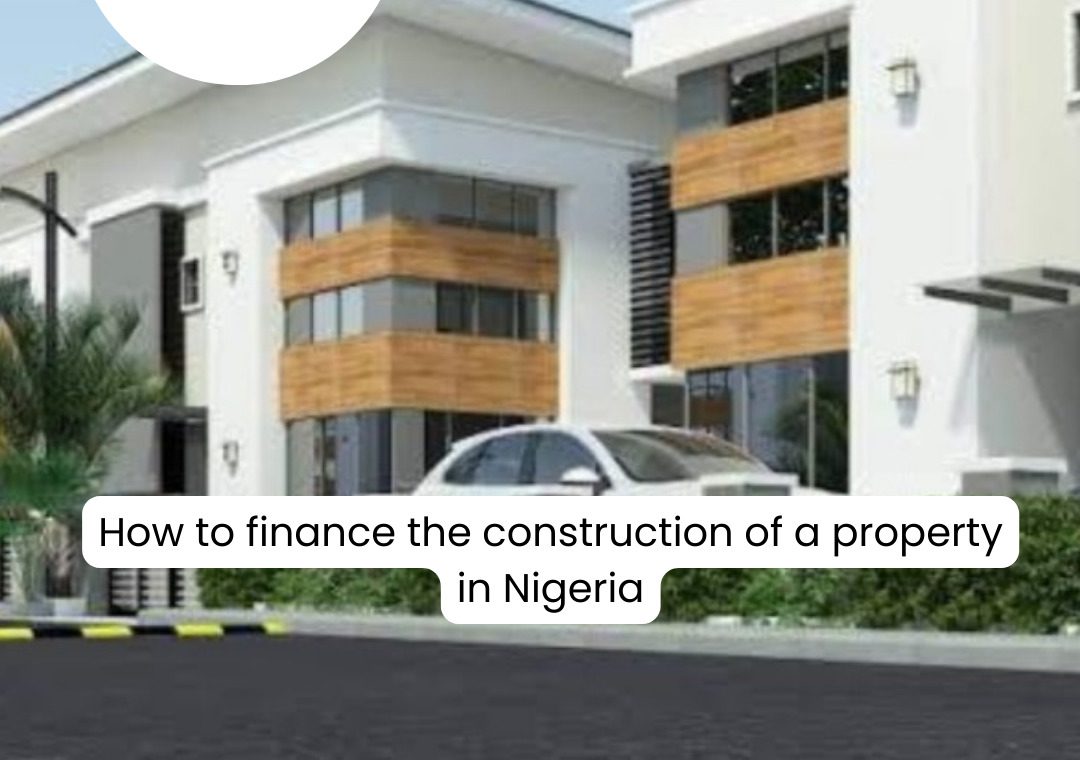Building a property in Nigeria can be a lucrative venture, given the country’s growing real estate market and the demand for residential and commercial spaces. However, financing the construction of a property can be a significant challenge, especially for individuals or developers who may not have access to substantial upfront capital. In this article, we will explore various funding options and strategies to finance the construction of a property in Nigeria, helping investors and developers navigate the financial aspects of their real estate projects.
Personal Savings and Equity
Using personal savings or equity is one of the most straightforward ways to finance the construction of a property. If you have saved a significant amount of money or have assets that can be leveraged, you can use these funds as a down payment or to cover construction costs. This method provides complete ownership and control over the project but may require significant financial resources.
Bank Loans and Mortgages
Commercial banks and financial institutions in Nigeria offer construction loans and mortgages for property development. These loans are tailored to cover the costs of construction, and the property being developed serves as collateral for the loan. To qualify for a bank loan, borrowers typically need a sound credit history, a comprehensive business plan, and a viable project that meets the bank’s risk criteria.
Real estate crowdfunding platforms have gained popularity in Nigeria, providing a unique opportunity for developers and investors to pool resources. Through crowdfunding, multiple investors contribute smaller amounts of money, collectively funding the construction project. It allows developers to access capital from a broader investor base while offering investors the chance to diversify their real estate portfolios.
Joint Ventures and Partnerships
Collaborating with other investors or developers through joint ventures and partnerships is a viable option for financing construction projects. By sharing financial resources and expertise, parties can mitigate risks and pool their strengths to bring the project to fruition. Joint ventures often involve a sharing arrangement of profits and costs.
Private Equity and Venture Capital
For larger-scale projects, seeking private equity or venture capital funding can be a viable option. Private equity firms and venture capital investors may be interested in backing real estate development projects with promising potential for returns. However, this avenue may involve diluting ownership and ceding a share of profits to the investors.
Government and Institutional Funding
In Nigeria, some government agencies and institutions offer funding and grants to support real estate development projects, particularly those focused on affordable housing or urban regeneration. Developers can explore these options and apply for funding through relevant channels.
Off-Plan Sales
In the case of residential projects, developers can use off-plan sales to secure funds for construction. Off-plan sales involve selling units before the construction is complete, providing developers with pre-construction revenue that can be used to finance the building process.
Angel Investors and Family Loans
Angel investors, high-net-worth individuals, or family members may be interested in providing funding for a real estate project. This informal funding method can offer more flexible terms and may not involve the stringent requirements of traditional lenders.
Financing the construction of a property in Nigeria requires careful consideration and a clear understanding of available funding options. Personal savings, bank loans, crowdfunding, joint ventures, and partnerships are some of the avenues developers can explore. Private equity, government funding, off-plan sales, and angel investors are also viable sources of financing. The key is to match the funding approach with the scale and requirements of the construction project while considering the associated risks and potential returns. By selecting the most suitable funding option and diligently managing the financial aspects of the project, developers and investors can realize their vision of successful property development in Nigeria’s dynamic real estate market.



